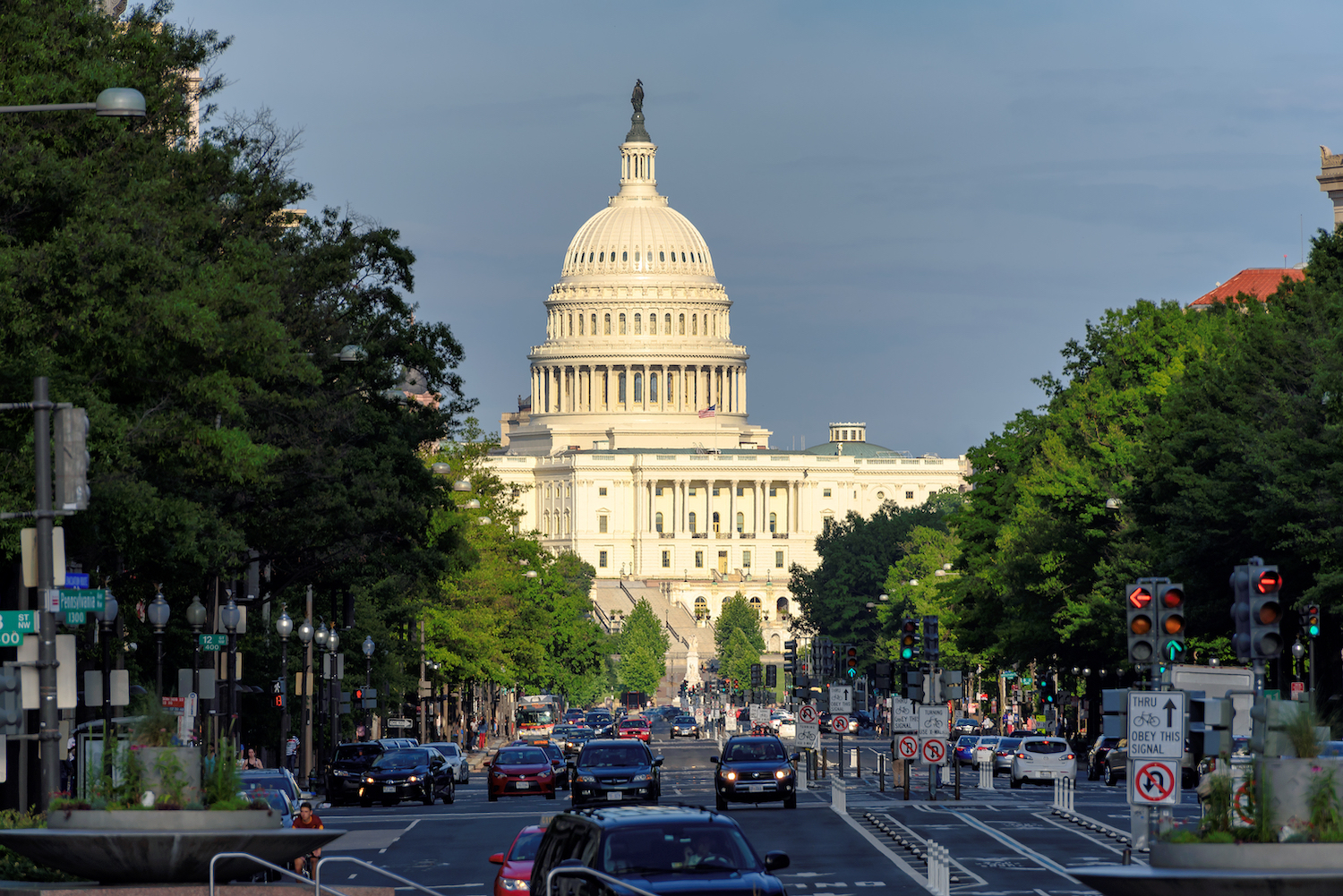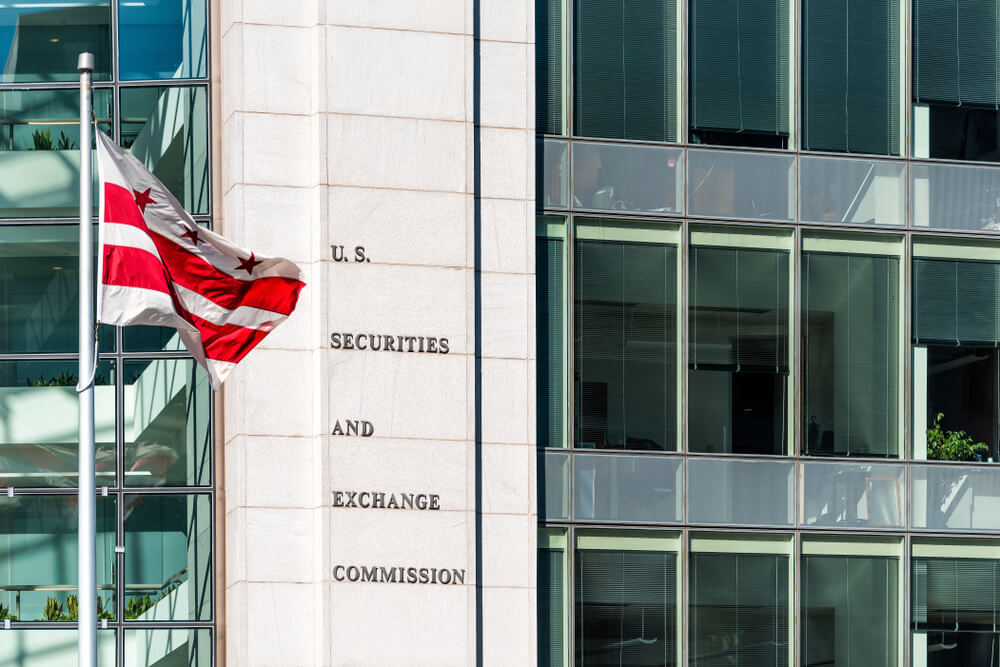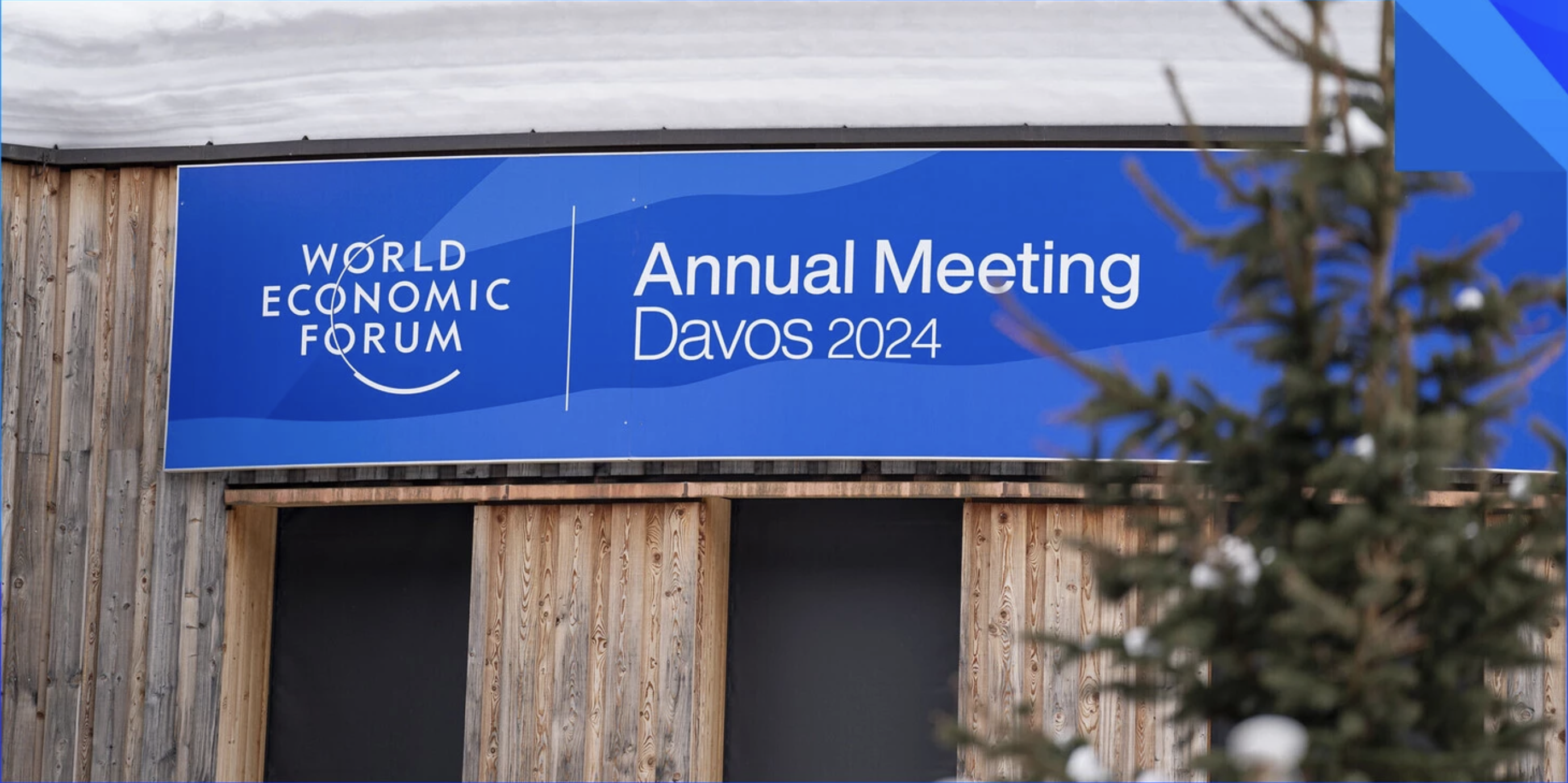There is no shortage of challenges facing leaders in Washington. The coming midterm elections will increasingly dominate the headlines.
But impact investors must continue to push for policies that will catalyze private capital to improve the lives of Americans and help address our ongoing social, economic and environmental crises. The principles of impact investing have long captured bipartisan interest.
The progress on several of the field’s core priorities over the last year was unprecedented. Case in point: Historic investments of nearly $12 billion into community development and minority deposit institutions to improve access to capital for minority entrepreneurs.
At the top of our list going forward: Pushing the Senate’s U.S. Innovation and Competition Act, or the America COMPETES Act in the House, across the finish line. These broad-ranging proposals would boost investments in a broad range of issues from domestic semiconductor production and scientific research and development to America’s international development finance activities.
>> Policy Call. Fran Seegull of the U.S. Impact Investing Alliance; Satyam Khanna, former senior policy advisor for climate and ESG at the Securities and Exchange Commission; and other Agents of Impact will talk disclosure, accountability and engagement on Call No. 38, Tuesday, Feb. 22 at 10am PT / 1pm ET. RSVP today.
Early progress
The U.S. Impact Investing Alliance’s November 2020 report, “Private Capital, Public Good,” contains 12 specific recommendations for how policymakers can transform the way we invest in local communities and accelerate the transition to stakeholder capitalism.
Before being shared with policymakers, these recommendations were carefully vetted with dozens of impact investing and policy experts, and they have quickly gained traction. Over the past year, Congress and the Biden-Harris Administration have already made substantial progress toward these recommendations with 10 of them having advanced or being actively considered.
Noteworthy developments in the past year include:
- BIPOC entrepreneurs. Permanent authorization and expansion of the Minority Business Development Agency (MBDA) to provide technical assistance and other support to minority entrepreneurs.
- Place-based solutions. Announcement of finalists for the EDA’s $1 billion Build Back Better Regional Challenge through the American Rescue Plan Act.
- Fiduciary duty. Regulatory clarity for ERISA fiduciaries – responsible for at least $7.9 trillion in retirement assets – seeking to consider ESG metrics.
- Governance. Reasserted independence of the proxy advisory process and approval of Nasdaq’s new board diversity disclosure rules by the SEC.
More broadly, the Biden-Harris Administration has looked to partner with the private sector to empower a whole-of-government approach to advancing inclusive economic growth. This commitment was on display during the November 2021 Interagency Convening on Equitable Economic Growth, hosted by the Department of Commerce and featuring leaders from various government agencies and departments with a shared commitment to creating equitable economic opportunities for all (see our recap piece here).
This convening came on the heels of Congress’ bipartisan passage of the Infrastructure Investment and Jobs Act (IIJA), which will enable $1.2 trillion in infrastructure investment. Crucially the administration has committed to ensuring that these investments forefront economic equity by ensuring that historically underinvested communities benefit from new spending.
Looking to the year ahead, we must continue to capitalize on this momentum and consider what more policymakers can accomplish with the coordinated partnership of the private sector.
Bipartisan opportunities
Though some of the Biden-Harris Administration’s legislative goals have faced serious hurdles, it continues to implement an expansive regulatory agenda that presents many opportunities for impact investors to weigh in and make the case for sustained government leadership on critical issues.
- Imminent rulemaking on ESG disclosure. Sustainable investing advocates are eagerly anticipating a set of proposals from the SEC that would require public companies to report on climate and human capital management metrics, an essential step toward the kind of transparency and accountability required of stakeholder capitalism. The proposals – which are expected to be released in the next few months – will require swift and coordinated action from the impact investing community in the form of comment letters and direct engagement with SEC officials.
These rules are expected to face immediate blowback from legacy business and financial interests determined to stay rooted in the past. Regulators at the SEC will be looking to investors to help make the case for why an ESG disclosure regime is critical to their mandate to protect investors by improving their access to clear, timely and consistent information regarding the social and environmental impacts of their investment decisions.
- Modernization of foundational community investing policy. Following a period of regulatory turbulence, three banking regulators – Federal Reserve, FDIC and OCC – are poised to pursue an aligned framework for strengthening the Community Reinvestment Act (CRA), an anti-redlining policy that has served as the bedrock of the community investing ecosystem for decades. Given current efforts to finalize the slate of Federal Reserve Board nominees, advancing CRA reform conversations will likely be an important priority for the administration.
Advocates, including impact investors, should continue to push for a race-conscious framework that better addresses the core purpose of the CRA to mitigate racial disparities in access to credit and financial services.
Even amidst the rising intensity of the midterm elections, we remain optimistic about the prospects for bipartisan action in Congress around several impact investing priorities.
- Investing in 21st century infrastructure, industry and supply chains. There is sustained bipartisan and bicameral interest in getting the Senate’s U.S. Innovation and Competition Act – or the America COMPETES Act in the House – across the finish line this year. The bills would also bolster America’s international development finance activities, such as through the Senate bill’s provision to expand the Development Finance Corporation’s liability cap to $100 billion and authorize an increase to the Inter-American Development Bank’s general equity.
The Alliance believes that investing in America’s economic base will improve competitiveness and create opportunities for impact investors to help build a more sustainable and equitable economy. - Permanent support for community intermediaries and small business lenders. In responding to the COVID-19 crisis of the past few years, policymakers recognized the unique capacity of CDFIs and MDIs to reach the most underserved small businesses and BIPOC communities. While time-bound, emergency assistance to the field – such as the standing up of Emergency Capital Investment Program – has been integral in the recovery efforts, we must graduate to permanent, wholesale support, such as $1 billion in annual appropriations for the CDFI Fund.
As CDFIs enjoy a moment of deserved bipartisan praise, impact investors should engage to ensure we are creating equitable access to capital in every community. - Potential window for Opportunity Zone fixes. Improved transparency and accountability across the Opportunity Zones program – a longtime priority for impact investing advocates – could also gain steam this congressional session, such as through Senator Tim Scott’s IMPACT Act, which institutes basic reporting requirements for understanding the size, location and community impacts of these investments.
If Congress does not act, the value of this incentive for new investments will continue to erode – eventually expiring in 2027 – which provides impetus for supporters and reform-advocates to come together in support of common-sense improvements to the program.
There is more work to be done, and it is critical that impact investors continue to raise a collective voice in Washington, D.C.
Fran Seegull is president of the U.S. Impact Investing Alliance.











